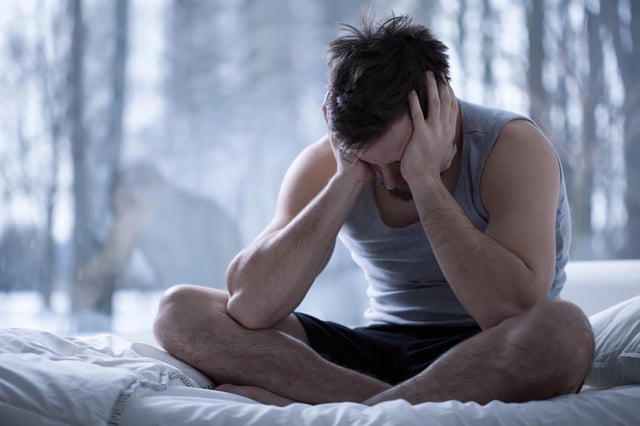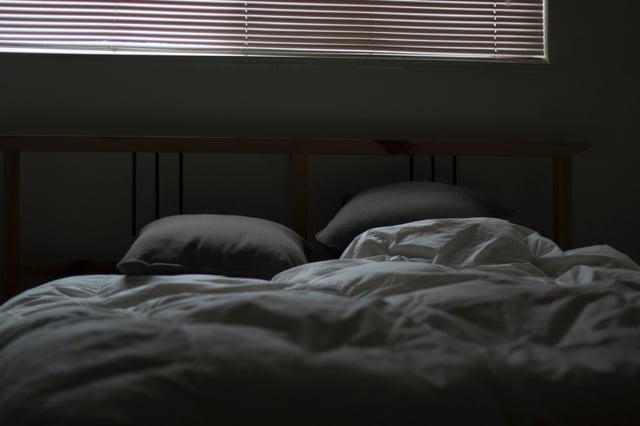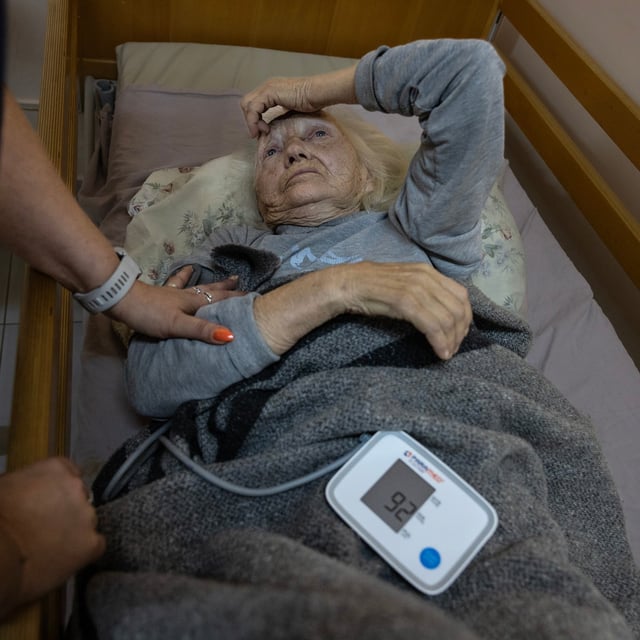Overview
- Karolinska Institutet analyzed brain MRIs from 27,500 UK Biobank participants using machine-learning models published in eBioMedicine.
- Sleep health was scored from five self-reported factors—chronotype, sleep duration, insomnia, snoring, and daytime sleepiness—grouping people as healthy, intermediate, or poor sleepers.
- For every 1-point drop on the five-item sleep score, the brain-age gap widened by about six months, with poor sleepers showing brains roughly one year older on average.
- Inflammation accounted for just over 10% of the association between poorer sleep and older-estimated brain age, suggesting only a modest mediating role.
- Authors caution that results rely on self-reported sleep and a healthier-than-average cohort, and they call for randomized trials with objective sleep measures to test causality.



